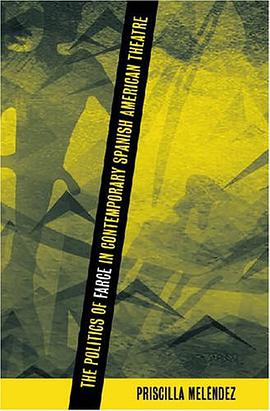

具体描述
Vigilant Memory focuses on the particular role of Emmanuel Levinas's thought in reasserting the ethical parameters for poststructuralist criticism in the aftermath of the Holocaust. More than simply situating Levinas's ethics within the larger context of his philosophy, R. Clifton Spargo offers a new explanation of its significance in relation to history. In critical readings of the limits and also the heretofore untapped possibilities of Levinasian ethics, Spargo explores the impact of the Holocaust on Levinas's various figures of injustice while examining the place of mourning, the bad conscience, the victim, and the stranger/neighbor as they appear in Levinas's work. Ultimately, Spargo ranges beyond Levinas's explicit philosophical or implicit political positions to calculate the necessary function of the "memory of injustice" in our cultural and political discourses on the characteristics of a just society. In this original and magisterial study, Spargo uses Levinas's work to approach our understanding of the suffering and death of others, and in doing so reintroduces an essential ethical element to the reading of literature, culture, and everyday life.
作者简介
目录信息
读后感
评分
评分
评分
评分
用户评价
相关图书
本站所有内容均为互联网搜索引擎提供的公开搜索信息,本站不存储任何数据与内容,任何内容与数据均与本站无关,如有需要请联系相关搜索引擎包括但不限于百度,google,bing,sogou 等
© 2026 book.wenda123.org All Rights Reserved. 图书目录大全 版权所有




















